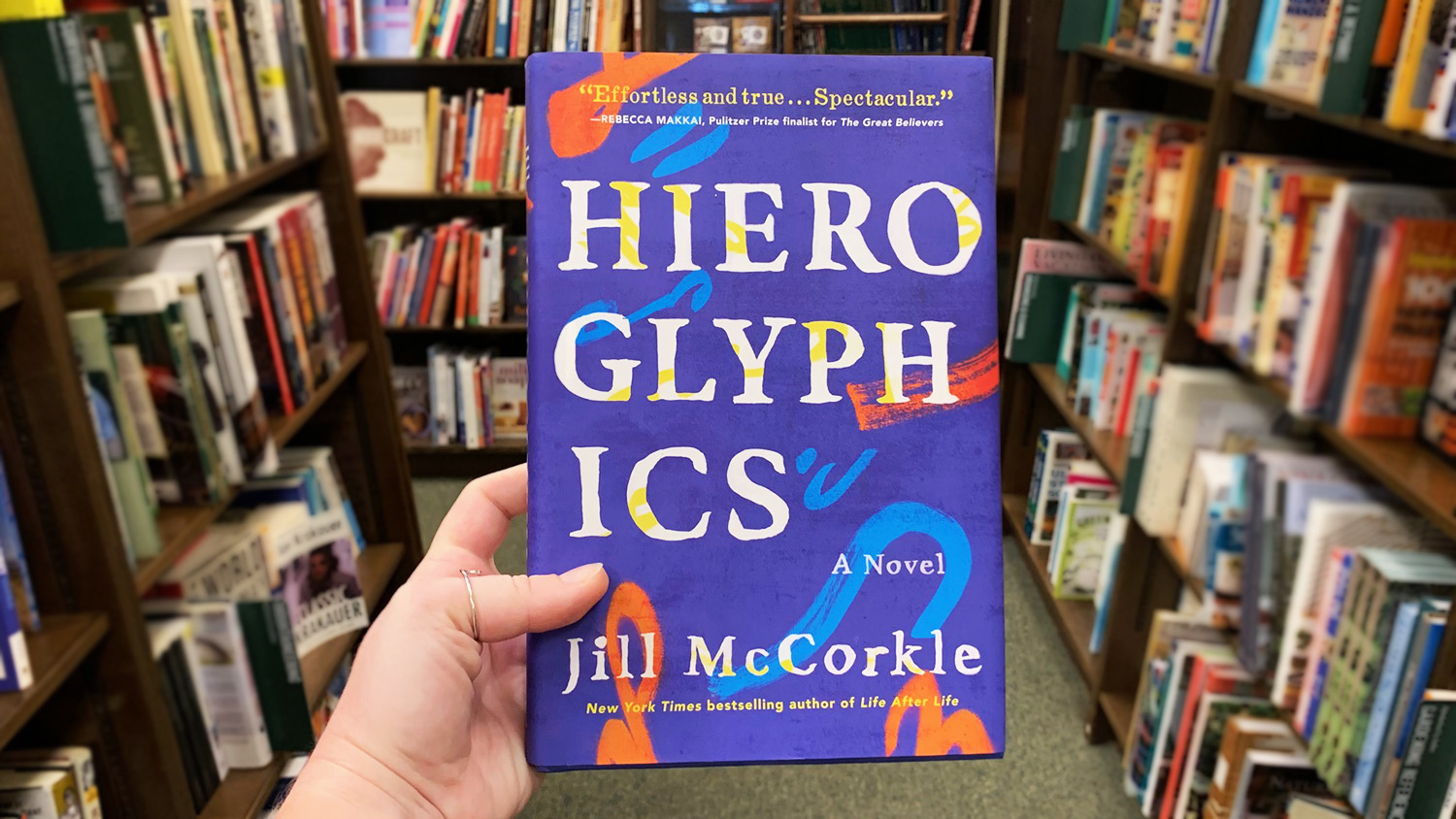Author Jill McCorkle is a professor of the practice and mentor in NC State’s Department of English. Five of her books have been New York Times Notable Books, and Life After Life became a New York Times bestseller. McCorkle has received numerous awards — including the New England Booksellers Award and the North Carolina Award for Literature.
Her latest novel, Hieroglyphics, dives into the burden of secrets carried across generations. We caught up with McCorkle to learn about her writing practices, motivations and advice she would give to budding authors.
Why this story? What motivated you to tell it?
I am fascinated by what we all leave behind and how those objects, or memories given to others, define us. I was also interested in the two real life events I used as backdrop: the Cocoanut Grove Fire in 1942 and the train wreck in Rennert, North Carolina, in 1943. In both cases, people were often identified by a tag in a coat, a ring or a shoe — those everyday objects we take for granted.
How does Hieroglyphics differ from other books you’ve written?
Hieroglyphics differs in that it is written in a much more fragmented way. It is a novel about memory and so by way of that, came to be with the pulling together of lots of scraps and pieces of the characters’ lives. I thought of each life as a kind of puzzle.
How does your writing affect your work as a professor of the practice and your interactions with students?
I have taught for more than 30 years and have always had those different channels — the writing days and the teaching days. I have found that the two feed each other. As a writer, I am big on taking notes — my own collection of scraps — and I save up for large chunks of time on weekends or time off. I feel that the writing process is always happening, something is always on the back burner. I feel my students keep me younger and informed; it is always exciting to witness a young writer getting better and better, discovering more and more about the process, and the effect is that it keeps me close to my own process.

What advice would you give to a writer working on their first novel?
My advice is to see it all the way through and don’t think too much about what comes next. Focus on the characters and the story on the page. Trust it and see where it takes you. Then the real work can begin: the revision and honing in on the logic that needs to be there and often has appeared on its own. Last will come the logistics of what to do with it. That will come, but the first attention needs to be on the work itself.
What are you reading right now?
I’m reading Ron Rash’s new collection, In The Valley. I just finished Margot Livesey’s The Boy in the Field and Randall Kenan’s If I Had Two Wings — what a season! I have a huge stack.
When do you write?
I write whenever I can. I dabble early in the morning. I take notes. I store for a whole weekend or big summer break when I can put in a few six hour days.
How do you overcome writer’s block?
I have never had writer’s block. I think that all the note taking is the remedy. I never let go of one piece without a new one started. It’s my security. There is always a story in the pocket.
What book might people be surprised to find on your shelves?
I have a LOT of ghost story books. Any time I visit a place, I try to find that little book about the local haunts.
What’s next for you? Another novel, something else?
I tend to work on stories between novels and that’s what I’m doing now. Many of them are sketched out and were ideas that came along (the notes!) while working on the novel. The shift in form always feels good before I dive back into the longer form. And yet, right in the middle of a novel is always my favorite place to be, so I look forward to getting back!
- Categories:



